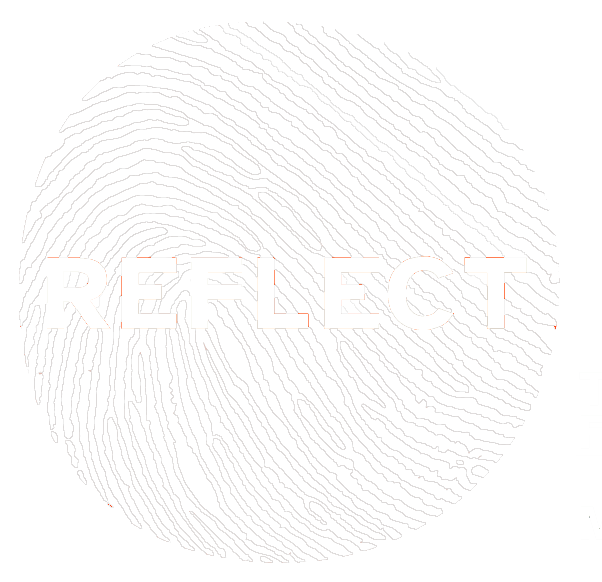‘Welcome, robots. You’ll help us. But humans are still our future.’
Joe Kaeser, president and CEO of Siemens AG
Which is a reassuring statement from someone who should know what they are talking about. This author still has nearly 20 years before he can claim his pension and it would be easy to get a little scared.

In terms of context, it is important to recognise that most of the jobs available in 25 years’ time haven’t even been invented yet. The Institute for the Future (IFTF) suggests that by only 2030, 85% of jobs will be new. Fast forward another 10 years and you’ll struggle to recognise the workforce at all.
By 2044, barring a chimney-sweeping revolution, children born today will be in the early phase of their careers. So what will the job market look like for them and what factors will be at play?
1. Humanity at a premium
Many of today’s roles will disappear. Automation has already removed the need for lots of the jobs that existed 25 years ago, so there’s no reason to doubt it will reshape every industry in the future. However, there are plenty of roles that aren’t going anywhere, such as the caring professions and probably buskers. Ironically, competitive advantage for brands will come from the amount of humanity they can inject into their customer experiences. Even when everything is digital and seamless, humans still crave each other like the primates we forget we are.
2. Part-time is the new full-time
A 70-hour working week involving stovepipe hats or hammers was commonplace at the turn of the last century. Right now, in developed countries, with hoodies and a smartphone, it’s around half that. Technology will continue to allow us to do more with less, so the amount of time spent at work will continue to fall. Employment in 25 years’ time will be taken much more often on a part-time or freelance basis, as quality of life becomes more important and materialism less so. We will see a growth in ‘one to many’ professionals, where people with a set of skills will lend them to several businesses. Those businesses will, in turn, need to think in terms of what specialisms they require to complement established and automated processes.
3. I’m never in the office right now
The cost both to personal health and the environment means that non-essential meeting and workplace ‘presenteeism’ have been banished. Work itself can be carried out in multiple locations and contexts. Vehicles, both public and private, have been adapted to allow us to work effectively on the move rather than spend travel time failing to get an internet connection. Local work campuses are used by many businesses to ensure a good work/life balance for their employees. Face-to-face meetings will still have their place, but superior VR technologies that enable constructive collaboration will happen much more frequently.
4. Home as the workplace
As already examined in a previous edition of River Predicts, the home and workplace of the future are much blended. Your journey to work begins at home, where you can easily access the information you need. The home is ‘smart’ and fully connected to the businesses you work for. Should you need to travel to a local work campus (which is a short trip away), your connected and autonomous vehicle will take you there. You can collaborate with the rest of the team from this vehicle.
So, what will be the most common jobs in 2044? We are going to defer to a higher power on this. Thomas Frey, Google’s top-rated futurist, has suggested, in no particular order, the following:
1. Robot maintenance
2. Data analytics
3. Drone crew
4. Personal health experts
5. AI developers
6. Command centre operators
7. Blockchain architects
8. 3D printing fabricators
9. Cryptocurrency bankers
10. Space tech management
We also think there’s room for the job of a ‘nostalgist’. Someone who helps the elderly redesign their home to remind them of their childhood. Complete with candles under the sink, Watneys Party 7 beer and repeats of Robins’ Nest.
Ultimately, when technological developments change how we order a takeaway it can be unsettling. When they evolve to potentially threaten how we put a roof over our heads it’s more concerning. But we should remember that although robot–human partnerships will be almost universal in the workforce of the future, robots will only be employed in a directed role. The need for skilled humans to manage and operate robot technologies, even at a distance, will remain necessary.
Making our environment work for us is our goal and how we use technology to enable that is absolutely within our command. The future of our working lives will ultimately be dictated by what humans want to happen.



